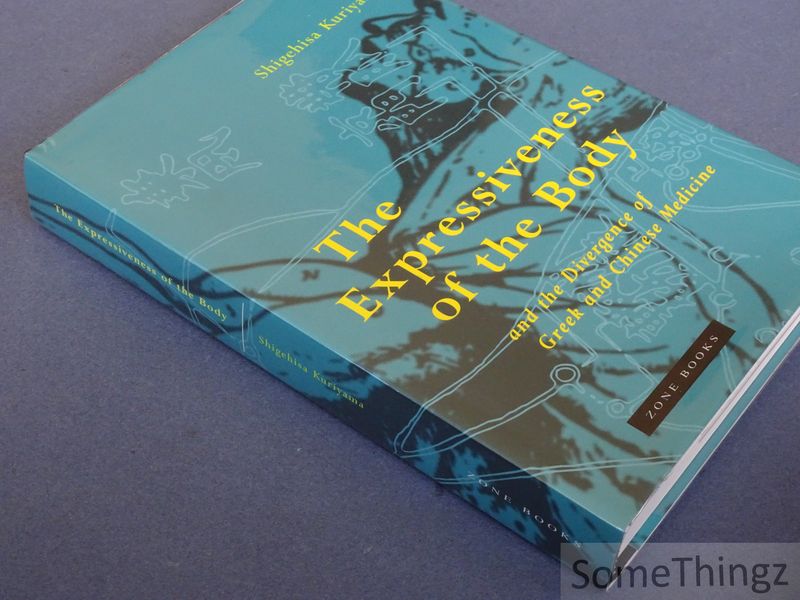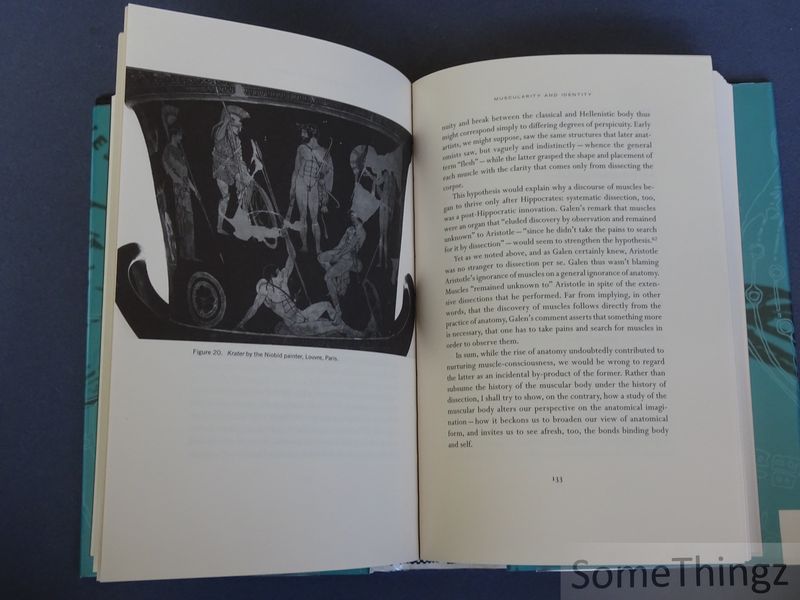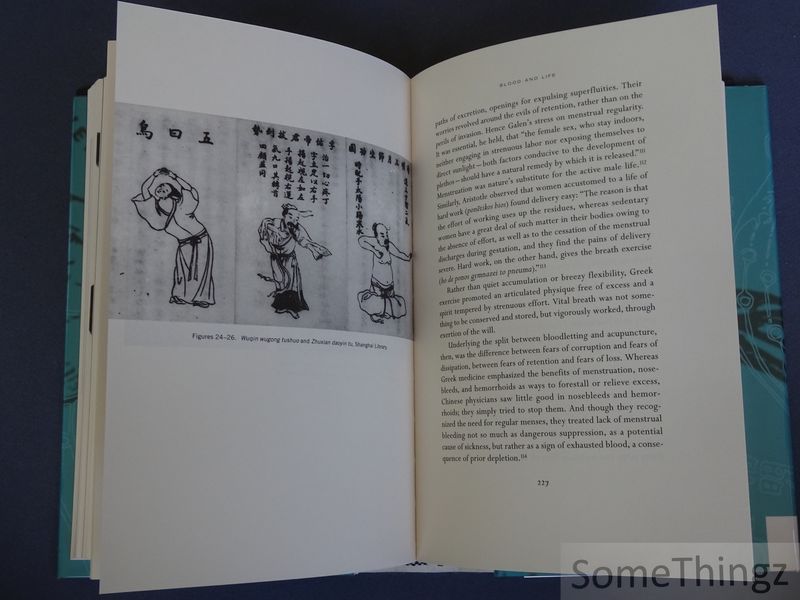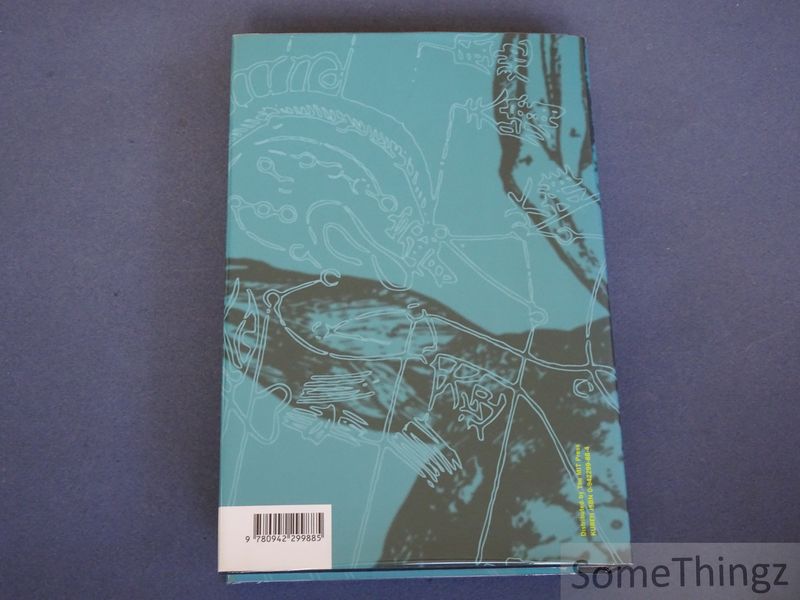BOOKS
Shigehisa Kuriyama
The Expressiveness of the Body and the Divergence of Greek and Chinese Medicine
New York, Zone Books, 1999.
€ 22.00
Bound, cloth with original dustjacket (protected with removable cellophane), 340pp., 16x24cm., ills. in b/w., in very good condition. ISBN: 9780942299885.
At the heart of medical history is a deep enigma. The true structure and workings of the human body are, we casually assume, everywhere the same, a universal reality. But then we look into the past, and our sense of reality wavers: accounts of the body in diverse medical traditions often seem to describe mutually alien, almost unrelated worlds. The Expressiveness of the Body meditates on the contrasts between the human body described in classical Greek medicine and the body as envisaged by physicians in ancient China. It asks how this most basic of human realities came to be conceived by two sophisticated civilizations in radically diverging ways. And it seeks answers in fresh and unexpected topics, such as the history of tactile knowledge, the relationship between ways of seeing and ways of listening, and the evolution of bloodletting. / This scholarly work by Shigehisa Kuriyama offers a comparative analysis of Greek and Chinese conceptions of the human body. Drawing on classical texts, he explores how sensory modalities?touch, sight, hearing?shaped medical epistemologies in each tradition. The Greek model emphasized anatomical structures and direct observation, while the Chinese model foregrounded pulse, breath, and qi flow. Kuriyama argues that these differing sensory frameworks reflect cultural differences in perceiving personhood and bodily integrity. Through case studies like bloodletting and diagnostic touch, he demonstrates how medical practice is rooted in culturally mediated patterns of perception. Awarded the William H. Welch Medal in 2001, the book challenges assumptions of a universal body by revealing how physiology is historically contingent







